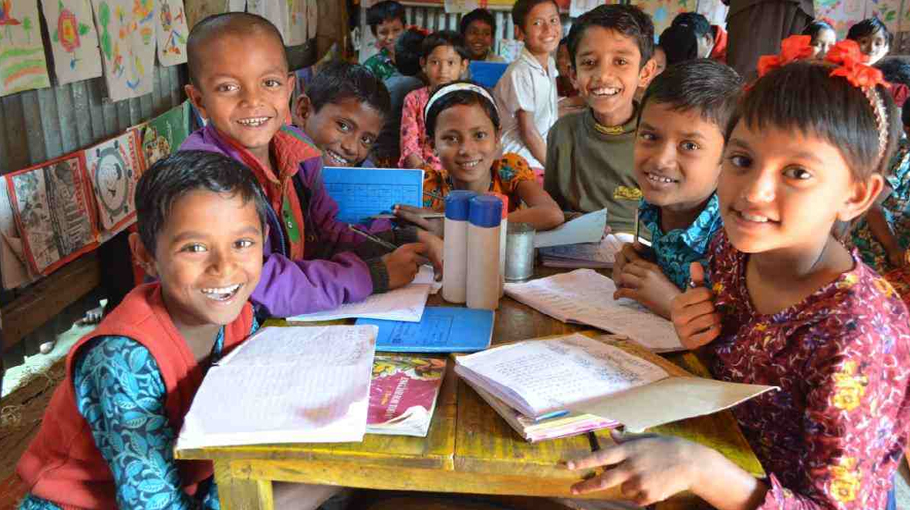Two-year pre-pry education being introduced from Jan

The existing one-year pre-primary education, the foundation of childhood education, is going to turn into a two-year pre-primary education system.
The government is going to implement the plan of introducing the two-year pre-primary education at primary schools in Bangladesh from January 2023.
The decision has been taken as the pre-primary education is directly connected to children’s dropping out rate in the country. The government took the decision to extend the pre-primary education also for ensuring that all boys and girls have access to quality early childhood development, care and pre-primary education.
Education Minister Dr Dipu Moni has said that the entire curriculum from the pre-primary to the higher secondary level is being changed for a better education system. However, the pre-primary education is going to be extended to two years from existing one year from the upcoming new year.
However, the two-year pre-primary education will now begin on a pilot basis. The extended system will then be expanded in all primary schools across the country in phases in the next three to four years, said officials of the Ministry of Primary and Mass Education.
Mohammad Mahbubur Rahman, public relation officer of the ministry; said that necessary activities are underway by the Ministry of Primary and Mass Education and other concerned for launching the two-year pre-primary education from 2023.
Talking to Bangladesh Post on Monday (November 28), he informed that since it will now begin on a pilot basis, the two-year pre-primary education curriculum will be launched in nearly three thousand government primary schools in the first phase.
As a result of the government’s decision to extend the pre-primary education, Bangladeshi children can now start their pre-primary learning from the age of 4+ years of age instead of 5+ years. Currently, children aged 5 and above undertake pre-primary education for a year.
The curriculum of two-year pre-primary education was approved by the National Curriculum Coordination Committee (NCCC).
The ruling party in its electoral manifesto before the last general elections pledged that they would extend the pre-primary education to two years.
Meanwhile, the National Education Policy-2010 for the first time formally recognised pre-primary as the first stage of the education system. The policy aimed to include first all 5-year olds in pre-primary provision, and then eventually all 4-year olds.
However, the pre-primary education was introduced in 2010 and now all primary educational institutions—government, non-government primary and kindergarten -- offer one-year pre-primary education.
According to the Annual Primary School survey, school dropout rate reduced significantly during 2010 to 2019 after launching the one-year pre-primary education system in Bangladesh.
Expressing appreciation for the government’s initiatives in the field of early education, educationists and academicians said that the two-year pre-primary education will play a vital role in the education of children in the country.
They said that there was a huge difference between pre-primary education and Class 1. The difference will be merged through introducing the two-year pre-primary education.
Rasheda K Choudhury, executive director of Campaign for Popular Education (CAMPE); said that the two-year pre-primary education system should have been introduced earlier. However, it is being implemented belatedly. “We welcome the government’s move. It should not only be about infrastructure development and exam-based and artificial education,” she added.




